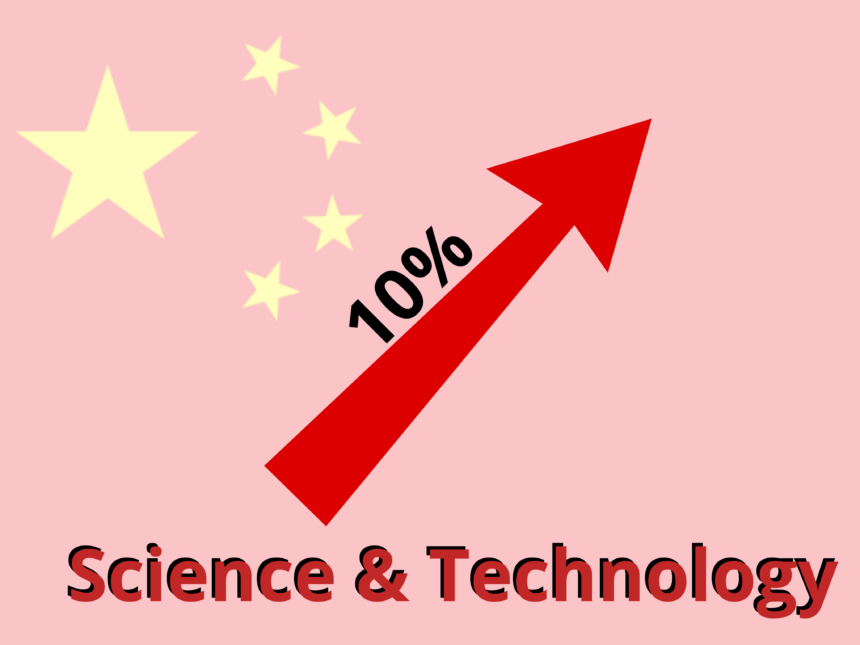Science and technology has emerged as a top priority for China in 2024, with a significant 10% increase allocated to this sector in its annual budget. This translates to ¥379.8 billion (roughly US$52.7 billion), marking the largest percentage rise among all major government spending areas and a significant jump from last year’s modest 2% increase.
Despite budgetary constraints in other sectors, the government emphasizes “guaranteed expenditure” for science and technology, acknowledging its critical role in driving China’s development and fostering technological self-reliance in the face of external pressures.
To address potential funding shortages in key R&D areas, Premier Li Qiang announced the issuance of annual ultra-long special treasury bonds worth ¥1 trillion. This initiative, outlined in Li’s government work report, aims to support “critical national strategies and boost security capabilities in vital research and development areas.”
The work report further emphasizes the importance of revitalizing China through science and education, identifying biomanufacturing and commercial space flight as promising new growth engines. This focus on innovation extends to the National Development and Reform Commission’s (NDRC) draft plan, which prioritizes the modernization of the industrial system through scientific and technological advancements.
The NDRC plan outlines a comprehensive approach, encompassing support for basic research, pooling resources to achieve breakthroughs in critical technologies, and fostering the development of emerging industrial clusters.
Within the increased budget for science and technology, the finance ministry prioritizes areas deemed strategically important for the country, specifically “basic research, applied basic research, and tasks.” This includes a significant 13.1% increase in funding for basic research, reaching ¥98 billion in 2024. Additionally, the government plans to allocate more resources to nurturing and attracting talent, with a focus on supporting young researchers and empowering leading scientists.
Science and Technology Minister Yin Hejun reported an 8.1% increase in R&D expenditure in 2023 compared to the previous year, accounting for 2.64% of GDP. He highlighted China’s progress in areas like quantum information, integrated circuits, artificial intelligence, and biomedicine. This focus is also reflected in the notable rise in exports of new energy vehicles, lithium batteries, and solar cells.
Experts like Sun Yutao and Mu Rongping view this continued investment as crucial for China’s economic transformation. They believe it will propel productivity growth, foster long-term development, and support the nation’s transition to a higher-value economy. This increased focus on R&D signifies China’s commitment to scientific and technological advancement, aiming to secure its future economic growth and position itself as a global leader in innovation.

